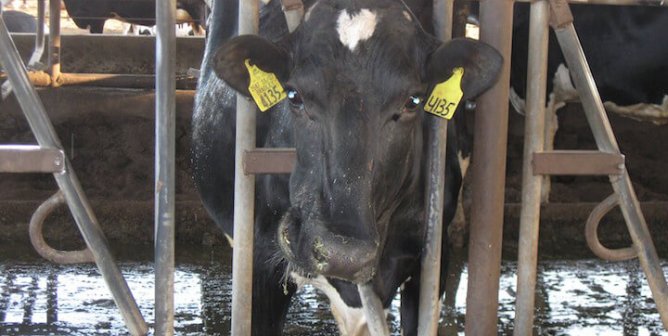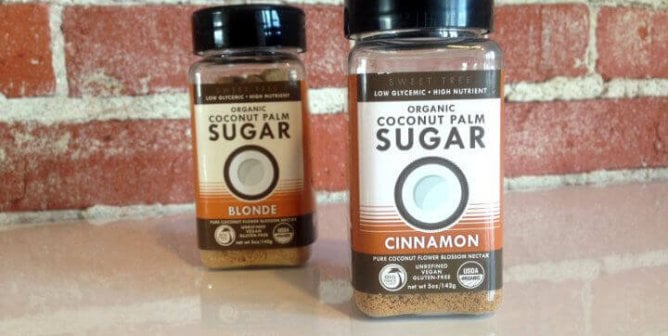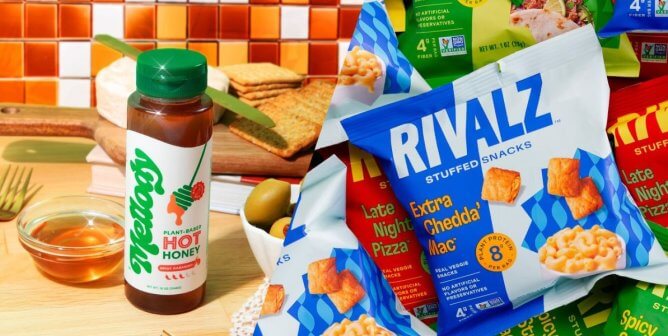PETA Asia has blown the lid off the Thai coconut industry’s use of captive monkeys once again. A shocking 2022 investigation revealed terrified young monkeys kept chained, abusively trained, and forced to climb trees to pick coconuts used to make canned coconut milk—including for many brands sold in the U.S.
In the cruel Thai coconut industry, many monkeys are reportedly illegally abducted from their families and homes when they’re just babies. They’re fitted with rigid metal collars and kept chained or tethered. The teeth of some who try to defend themselves are allegedly pulled out.
The Thai government and companies that make coconut products claim that monkeys are no longer used to make goods for export—but PETA Asia’s newest investigation has confirmed that rampant abuse of primates is still going unchecked, and insiders in the Thai coconut industry are deliberately hiding forced monkey labor in their supply chain.
How can you hold these producers accountable? Since the Thai coconut industry continues to lie, the best thing you can do to help the monkeys it abuses is to avoid companies that source canned coconut milk from Thailand.
To make shopping simple, we’ve compiled a list of brands* that have confirmed that they don’t source their canned coconut milk products from Thailand:
Brands That Sell Non-Thai Canned Coconut Milk
- Cha’s Organics (ORGANIC)
- Chef’s Choice
- CocoGoods Co. (ORGANIC)
- Coco Lopez
- Delta Coco
- Good & Gather (ORGANIC)
- Goya
- Jiva Organics (ORGANIC)
- Let’s Do Organic® (ORGANIC)
- Natural Value (ORGANIC)
- Nature’s Charm
- Raley’s
- Trader Joe’s
- Vita Coco
- Wild Harvest (ORGANIC)
*This list is not comprehensive and may be updated at any time in accordance with the findings of PETA Asia’s investigations or new information received by PETA entities.
By purchasing from brands that support monkey-free coconut-harvesting methods, you’ll be helping to end the cruel practice of exploiting vulnerable monkeys while also sending a powerful message to companies that make products from coconuts picked using abusive methods.
Take Action for Chained, Abused Monkeys
Curious, highly intelligent monkeys are denied mental stimulation, companionship, freedom, and everything else that’s natural and important to them—all so they can be forced to pick coconuts.





